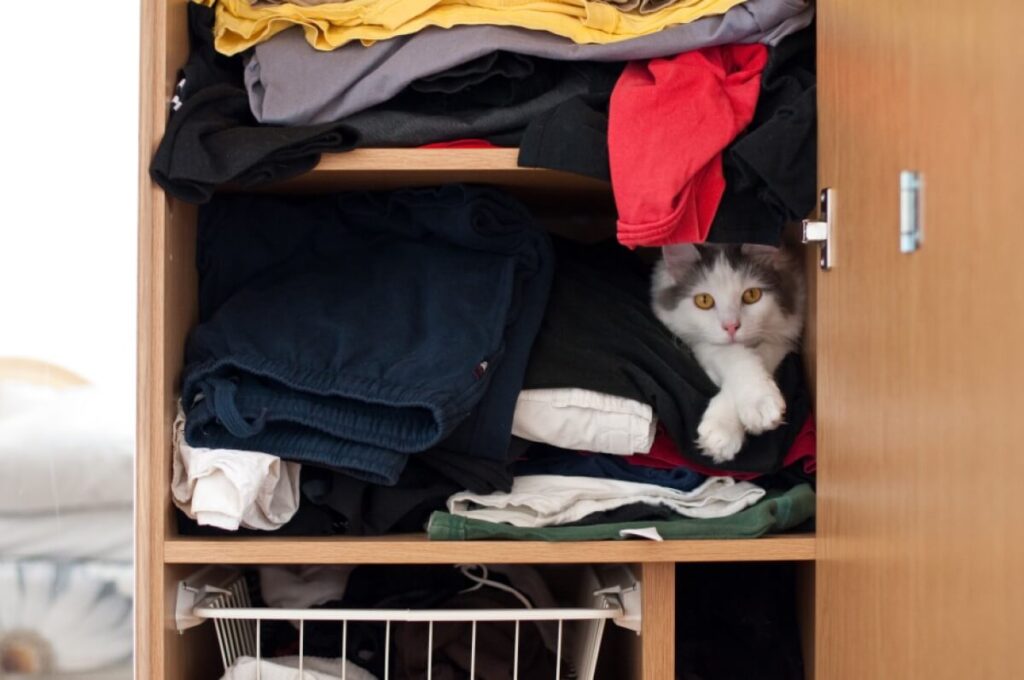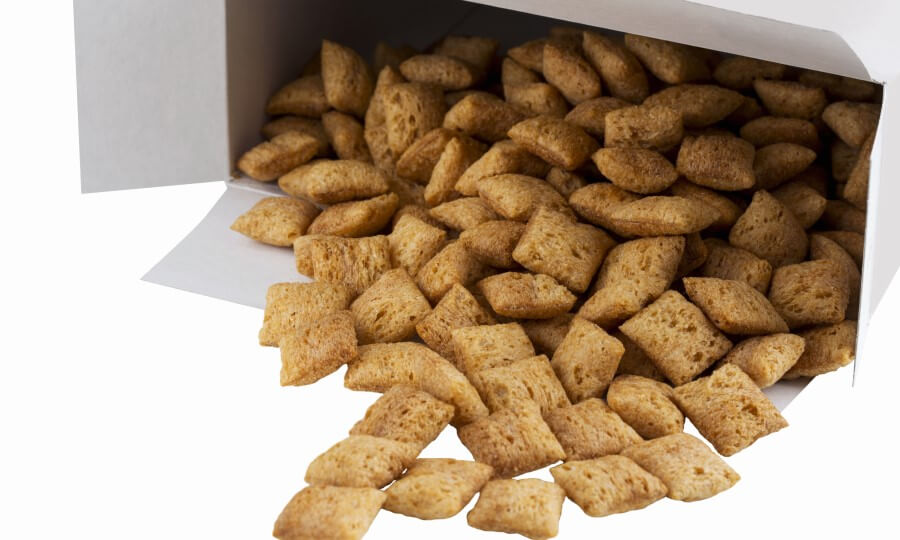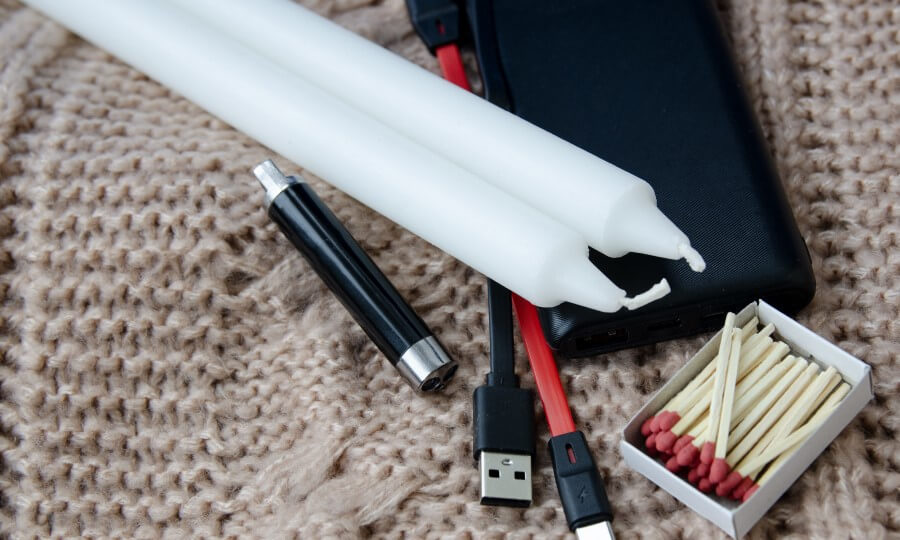
6 Items You Should Never Store in Storage Bins and Cabinets (and Why)
Smart storage is key to minimalist living, but not everything belongs in a bin. Learn which items to keep out of storage boxes to avoid damage and keep your space safe, organized, and clutter-free.
By:
The Good Home Daily
Posted on February 19, 2025
Minimalism has been a popular home design trend for years and continues to thrive. The global minimalist furniture market was valued at USD 49.66 billion in 2023. With this aesthetic trend, smart storage has become more important than ever.
Market Analysis by Grand View Research predicts that demand for minimalist cabinets and shelves will grow at a steady 9.8% CAGR from 2024 to 2030.
This increased demand for storage is understandable. However, it’s important to remember that not all items are suitable for storage bins. Improper storage can lead to deterioration or even pose safety risks.
So, to help you avoid any storage mishaps, we have listed down items you should never store in storage bins. We’ll cover what not to keep in your storage, so you can keep your belongings safe and sound.
1. Damp Items

Avoid storing damp items in any storage containers. Ensure all items are thoroughly dry before placing them in storage bins. Storing damp items can result in mold and mildew growth, which can damage the storage unit and its contents. Wooden storage units are particularly vulnerable.
For delicate items with sensitive surfaces, air drying is best. Gently wipe them with a microfiber cloth to ensure they’re completely dry before storing.
2. Opened Food Items

Many people have experienced this: opening a can of beans, a cereal box, or a bag of chips and not finishing it. It’s tempting to simply fold over the packaging and return it to the pantry organizer. However, this common storage mistake can lead to unpleasant consequences such as spoilage, pest infestations, and even food poisoning.
For the majority of opened foods, the refrigerator is usually the best place. However, for things like cereal and chips, airtight food storage containers are highly recommended. These containers keep food fresh longer and prevent staleness. Get clear containers to help you achieve a minimalist kitchen aesthetic.
3. Leather Products

While leather can be stored in closed storage, it is not ideal for long-term storage. As a natural material, leather requires specific storage conditions.
Closed storage can restrict airflow, leading to moisture issues like mold and mildew, especially in humid climates. Avoid storing leather in plastic, as plastic traps moisture.
Direct sunlight and heat are also big no-nos, as they can dry out, crack, and fade your leather. Unfortunately, these damages are irreversible.
The best way to store your leather items? Find a cool, dry spot with good air circulation. This lets the leather breathe and prevents moisture from building up. Cover them with a breathable dust bag or sheet for added protection.
4. Flammable and Temperature-Sensitive Items

Do not store flammable and temperature-sensitive items in closed storage. This includes batteries, matches, candles, and flammable liquids. These items require specific storage conditions to maintain their safety and integrity.
Poorly ventilated closed storage can allow flammable vapors to accumulate, increasing the risk of fire or explosion. Store flammable materials in well-ventilated areas away from ignition sources, using containers specifically designed for this purpose.
Always follow safety guidelines and manufacturer’s instructions for storage recommendations.
5. Certain Medications

Medications are temperature-sensitive and require careful storage. Therefore, avoid long-term storage in closed containers.
Medications are formulated to maintain a specific chemical structure, and exposure to extreme temperatures, humidity, or light can alter this structure, reducing effectiveness. Some medications can even become toxic when exposed to high temperatures.
For safety, store medications in a cool, dry place away from direct sunlight, heat, and moisture. Some medications, such as certain antibiotics and insulin, require refrigeration.
6. Clutters

Finally, remember that storage is not a solution for clutter. Ask yourself: Are you using storage to organize or to hide clutter? You may not need a new storage organizer; decluttering may be the answer.
Instead of buying more storage organizers, focus on discarding or donating items you no longer need. Storing unwanted items in closed storage often leads to them being forgotten, and over time, clutter will accumulate, taking up valuable space.
Before filling storage bins, consider the items you are placing inside. By avoiding storing the items mentioned above, you’ll protect your belongings and create a more organized storage system.

